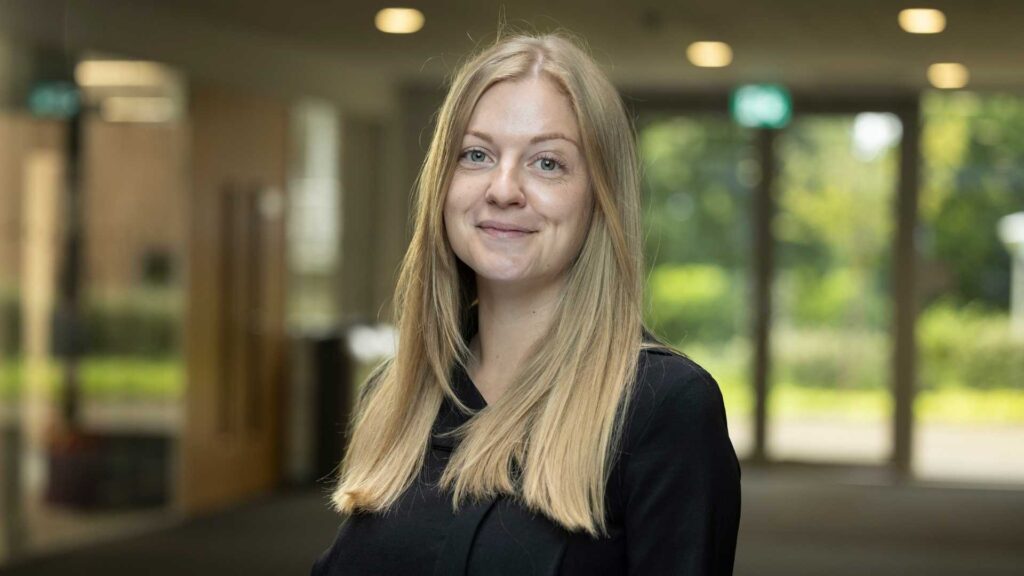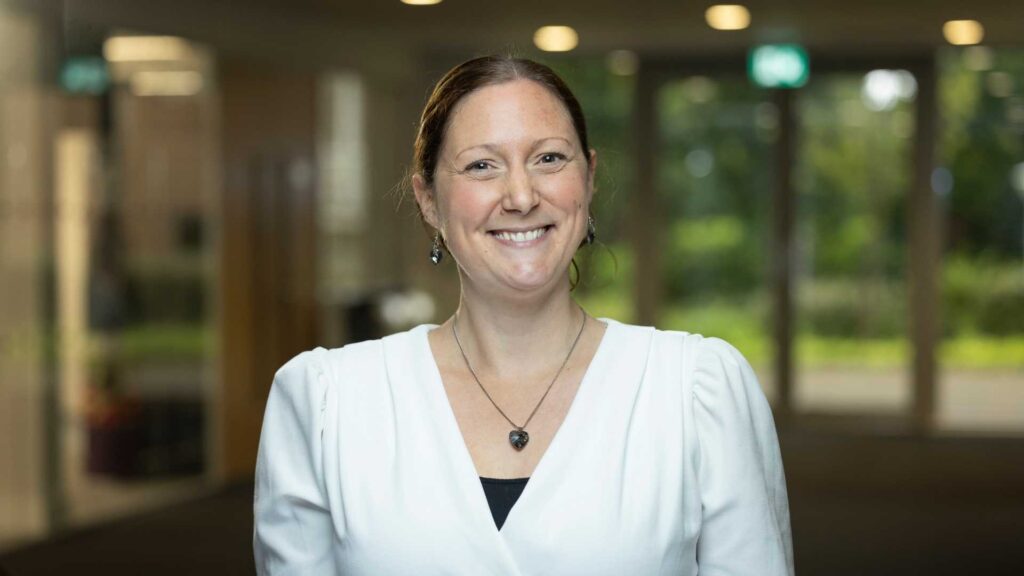Case studies
At Edge Hill University’s Behavioural Data Service, we specialise in helping organisations unlock the full potential of their data. Our expert team have a successful background in partnering with businesses and public sector bodies to address challenges, evaluate impact, and optimise outcomes through data-driven solutions.
This collection of case studies highlights some of our team’s recent work. From improving service delivery to enhancing user engagement, this showcase gives you an insight into how we have made a measurable difference for our clients.
Read the case studies below to see how our approach has delivered meaningful results. If you’re interested in exploring how we can support your organisation, contact us to arrange a free 30-minute consultation.
Contact the teamCase study: Systematically identifying barriers to providing effective exam provision

Dr Emma Sumner, Senior Lecturer in Psychology, specialises in educational psychology, focusing on learner characteristics, school practice, and support.
Emma has worked with various secondary schools on the project ‘Practice around Access Arrangements in Supporting Students with Specific Learning Difficulties’ (PAASS).
With an increase in the number of exam access arrangement being granted each year, schools felt overwhelmed. SEND teams needed to keep up with identifying needs to ensure that students receive the appropriate support.
Emma helped schools identify their needs and raise awareness of how to work with different data to justify decisions.
Case study: Evaluating service delivery methods of virtual versus traditional clinics following the COVID-19 pandemic

Professor Philip Murphy, is a professor of psychology, specialising in applying quantitative research methods in a variety of settings. Philip has worked predominantly in the context of biomedical and health research, including consultancy for an NHS Trust.
During the COVID-19 pandemic, virtual clinics had been introduced as a measure to clear the backlog in traditional appointments. The NHS needed to measure their effectiveness in comparison to traditional appointments.
Philip was able to establish the precise research questions, choose the most appropriate form of analysis, present the results to the clinicians, and consider the implications of the results.
Case study: Maximising impact of existing data on patient outcomes

Dr Lee Hulbert-Williams is a Chartered Coaching Psychologist with a special interest in psychometric testing.
Lee worked with the University College London Hospitals NHS Trust on the Reassure Me project.
Receiving a cancer diagnosis is distressing, but not every patient needs targeted psychological support. Through data gathered via charity partners, the NHS Trust wanted to work out who would benefit from the support the most.
Through the analysis of the data, Lee was able to make recommendations to the trust, giving them better insight into which patients might benefit from extra screening for psychological distress.
Case Study: Using psychological insight to reduce cybersecurity vulnerabilities

Professor Linda Kaye, is Associate Head of Department for Psychology (Knowledge Exchange & Marketing), and specialises in cyberpsychology: the psychology of technology use and online behaviour.
Linda worked on a project with Trend Micro on behalf of Waggener Edstrom Worldwide Ltd. The project was called ‘Head in the Clouds’ campaign: Human-based threats in the office’.
The increase in remote working during COVID lockdowns made it trickier for organisations to ensure that their employees adhered to cybersecurity procedures.
Linda was able to advise on how to measure individual differences in cybersecurity behaviours, support analysis, and make recommendations.
Case Study: Evaluating individual interventions

Dr Dean Wilkinson is a Chartered Coaching Psychologist. He has extensive experience in evaluation work within criminal justice settings and has previously used large data sets to explore the relationship between specific variables.
Dean worked with West Midlands Violence Reduction Partnership (VRP). The VRP aimed to reduce serious and violent crime by applying a public health approach. A key challenge was evaluating whether individual interventions effectively contributed to long-term violence reduction.
His work provided critical insights and evidence, which informed intervention development and commissioning. He also formed an evidence base to underpin the measurable impacts on violence reduction.
The data-driven approach informed strategic decisions, improved intervention targeting, and strengthened the public health model’s credibility in crime prevention.